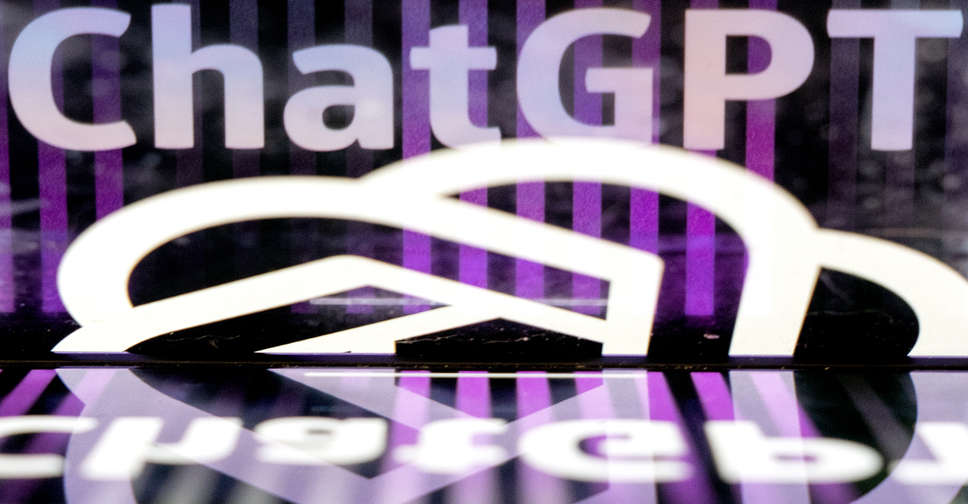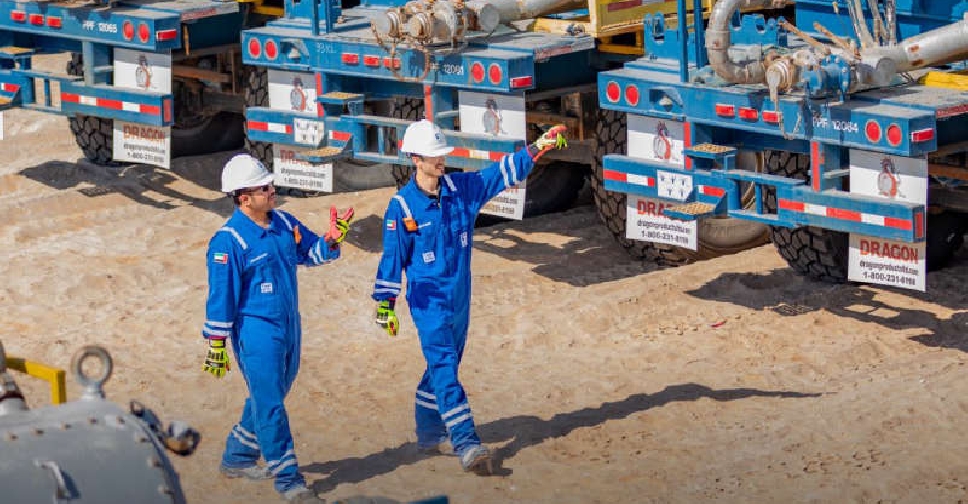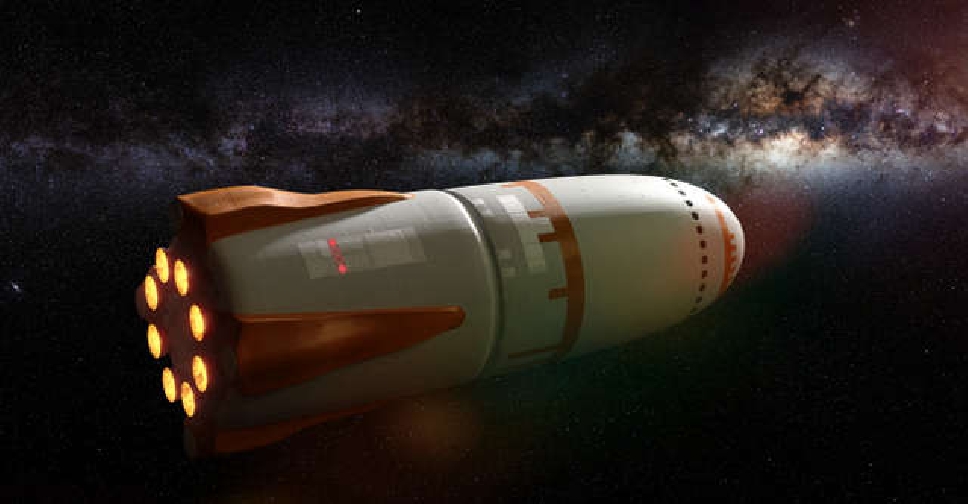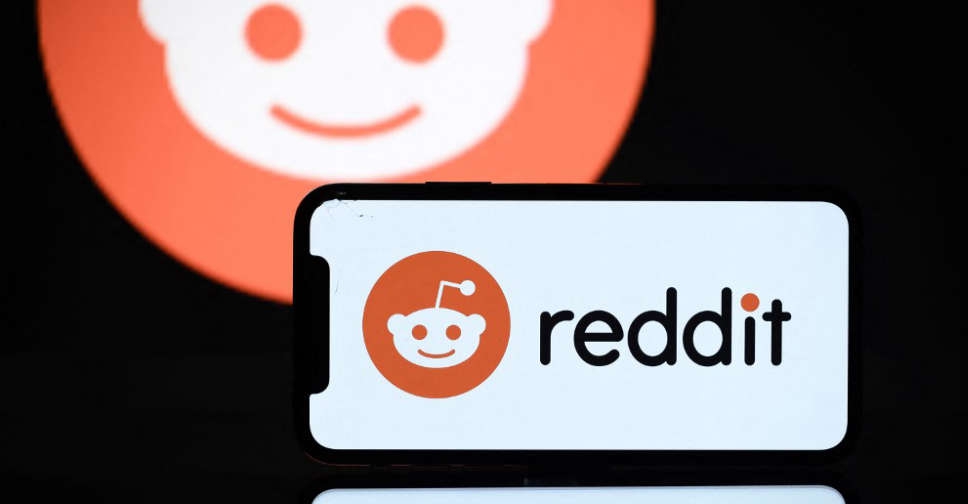
OpenAI has announced the general availability of GPT-4, its latest text-generating model, through its API.
Existing OpenAI API developers with a history of successful payments gained access to GPT-4 starting this afternoon. The company plans to expand access to new developers by the end of this month and gradually increase availability limits based on compute availability.
OpenAI stated in a blog post, "Millions of developers have requested access to the GPT-4 API since March, and the range of innovative products leveraging GPT-4 is growing every day. We envision a future where chat-based models can support any use case."
GPT-4 offers improvements over its predecessor, GPT-3.5. It can generate text, including code, and accept image and text inputs. The model performs at a "human level" on various professional and academic benchmarks. Like previous GPT models, GPT-4 was trained using publicly available data from web pages, as well as licensed data from OpenAI.
While the image-understanding capability is currently limited to partner Be My Eyes, OpenAI has not provided a timeline for expanding it to the wider customer base.
However, it's important to note that GPT-4, like other generative AI models, is not perfect. It may produce inaccurate information and reasoning errors, sometimes with unwarranted confidence. The model also fails to learn from its experience and encounters challenges with complex tasks, such as introducing security vulnerabilities into generated code.
In the future, OpenAI plans to enable developers to fine-tune GPT-4 and GPT-3.5 Turbo, another recent text-generating model, with their own data, similar to other OpenAI models. This capability is expected to be available later this year.
Alongside the GPT-4 release, OpenAI also announced the general availability of its DALL-E 2 image-generating model and Whisper speech-to-text model APIs. The company plans to deprecate older models available through its API to optimise compute capacity. Starting from January 4, 2024, GPT-3 and its derivatives will no longer be available, and new "base GPT-3" models will replace them. Developers using the older models must manually upgrade their integrations by January 4. Those who wish to continue using fine-tuned old models beyond that date will need to fine-tune replacements based on the new base GPT-3 models.
OpenAI assured users that it will provide support to ease the transition for those who previously fine-tuned models. Developers who have recently used the older models will be contacted in the coming weeks, and more information will be shared once the new completion models are ready for early testing.


 ADNOC Drilling awarded AED6.24bn contract to unlock UAE’s unconventional energy resources
ADNOC Drilling awarded AED6.24bn contract to unlock UAE’s unconventional energy resources
 EHRDC offer 50 private-sector job opportunities for Emiratis
EHRDC offer 50 private-sector job opportunities for Emiratis
 Tokyo startup to develop reusable rocket
Tokyo startup to develop reusable rocket
 OpenAI strikes deal to bring Reddit content to ChatGPT
OpenAI strikes deal to bring Reddit content to ChatGPT



